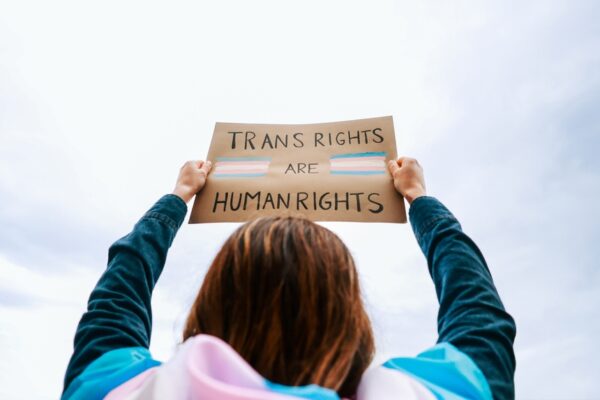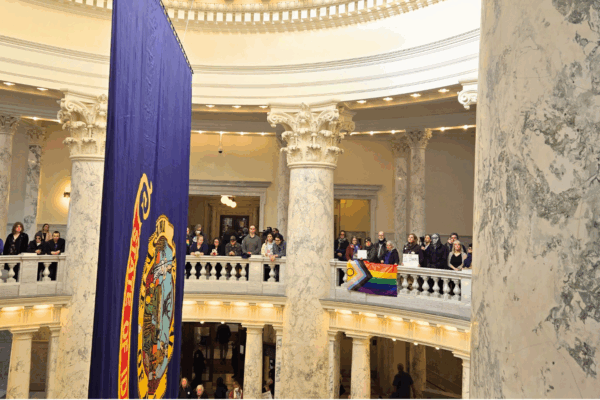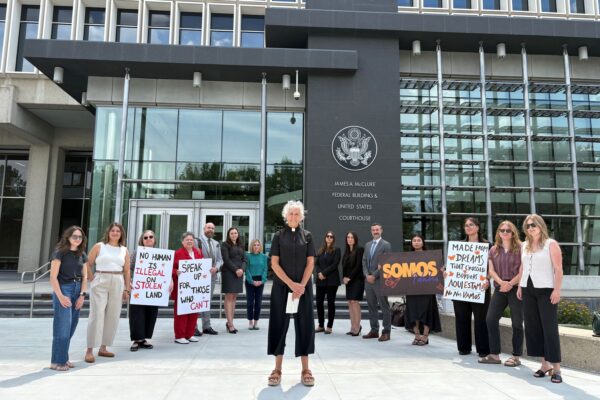The ACLU of Idaho is striving for an Idaho where members of the LGBTQIA+ community can live openly and with the same civil rights and protections as everyone else. We are fighting for a state free from discrimination based on sexual orientation and gender identity.
We believe LGBTQIA+ folks and their families should be respected and treated fairly in schools, jobs, housing, public places, health care and government programs.
Select a topic below to learn more about LGBTQIA+ rights.
Related Content
Stay Informed
Sign up to be the first to hear about how to take action.
By completing this form, I agree to receive occasional emails per the terms of the ACLU’s privacy statement.
By completing this form, I agree to receive occasional emails per the terms of the ACLU’s privacy statement.





